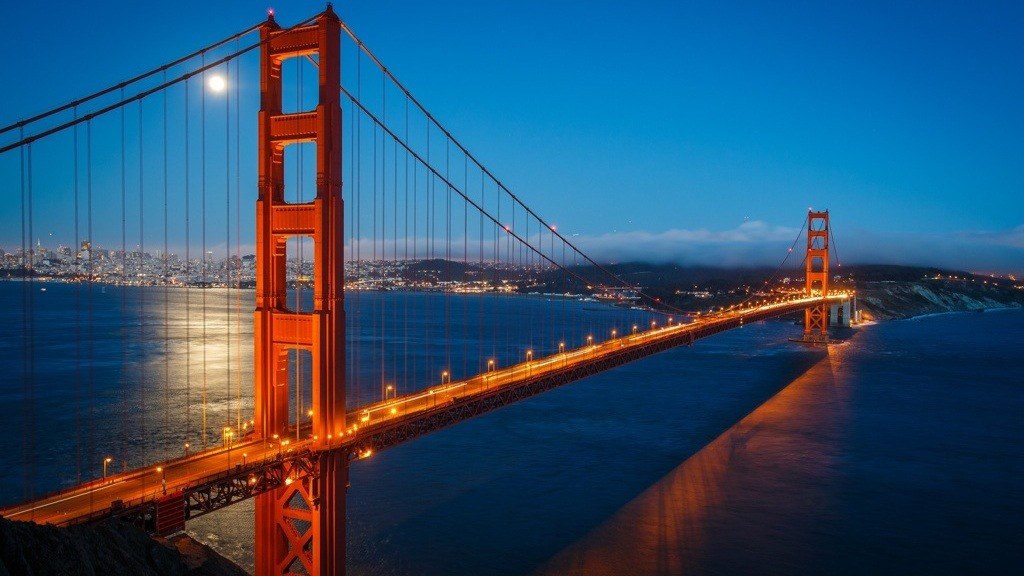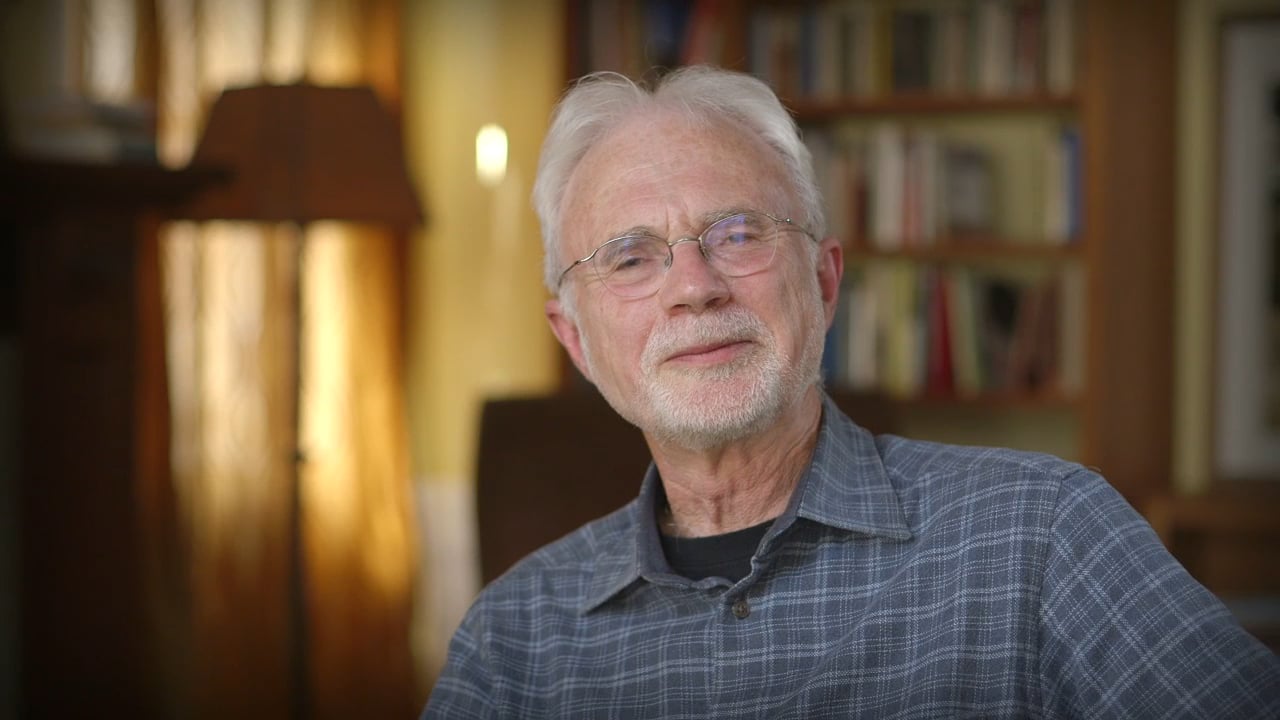On a Roll: Music Inspired by the Pianola
“The main business of humanity is to do a good job of being human beings,” said Paul, “not to serve as appendages to machines, institutions, and systems.” -Kurt Vonnegut, Player Piano I foresee a marked deterioration in American music and musical taste, an interruption in the musical development of the country, and a host of other injuries to music in its artistic manifestations, by virtue -or rather by vice -of the multiplication …







